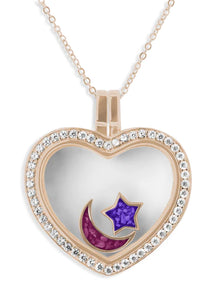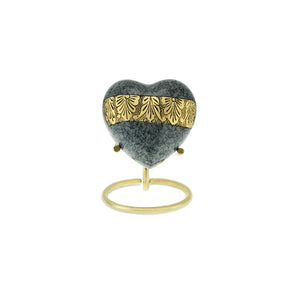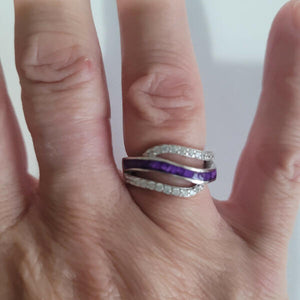Embalming - outdated, or still a useful method to preserve a body?

Embalming often conjures up visions of ancient Egypt. However, in some parts of the world, it is still a commonly used process. Learn more about it to decide if you want a departed loved one, or yourself, embalmed.
What is embalming?
The removal of the normal bodily fluids is the first part of the embalming process. Then, chemicals such as formaldehyde replace them. These, slow the rate of decomposition of the body. The insertion of packing into the body cavities prevents fluid leakage. Additionally, packing certain parts of the body can give a more lifelike form.
Why embalm?
The Egyptians used a type of embalming called mummification. They believed that that enter the next life it was necessary to have the worldly body prepared for the journey and the ultimate return. In more recent times, embalming helped to preserve the body until the funeral takes place. Also, some people believed that a dead body could pose a health risk to the living.
Nowadays, with modern refrigeration techniques, embalming is no longer necessary. The bodies of people treated with many drugs during the terminal phase of their illness may decay faster than normal so the process may be good for them. At the present time, people choose to embalm mainly for aesthetic reasons.
Who does and doesn't embalm?
Embalming is very popular in the USA where the majority of funerals have open coffins. Many feel that the embalmed body looks more lifelike. Others may disagree. Some people find a lifelike dead person disconcerting. It may be an important point of closure to see a lifeless body.
Some religions, such as Islam and Orthodox Judaism forbid embalming.
Environmental factors
Most green and woodland burial sites will not allow embalmed bodies. The chemicals used in the process can damage the soil and life. There is also some evidence that during cremation these chemicals can damage the atmosphere. Also, the removed body fluids are often disposed of into the sewer system.
Is embalming compulsory?
No, in the UK it is not compulsory. However, it is often included in funeral plans. Embalming is an expensive process and can increase funeral costs. Sometimes, people think it is simply a cosmetic treatment. They do not understand that it is an invasive process. The code of ethics of the British Institue of Embalmers states that "the clients informed consent, preferably in writing, must be obtained" before embalmment can take place.







